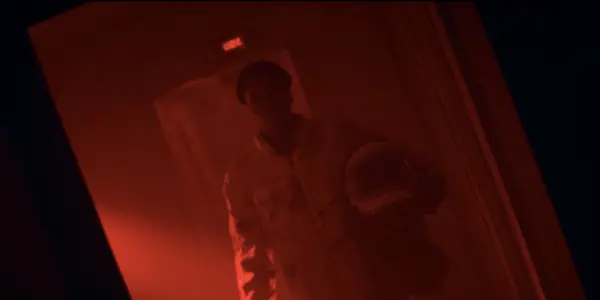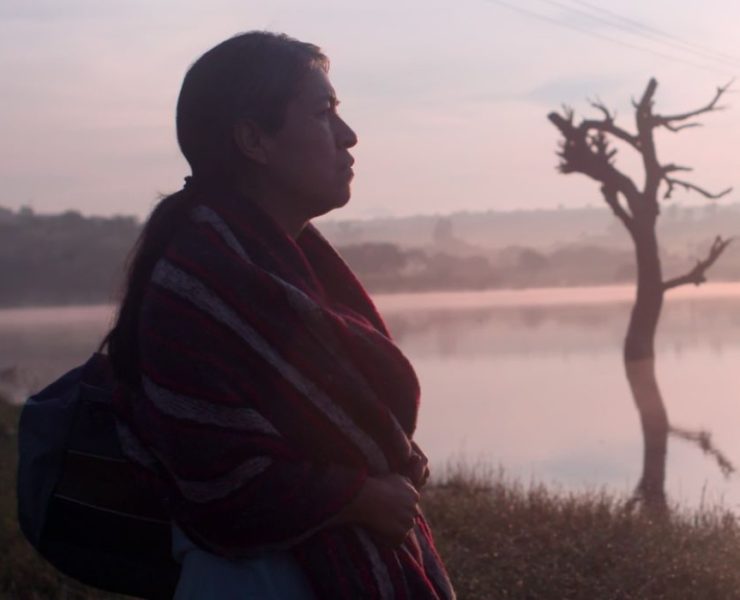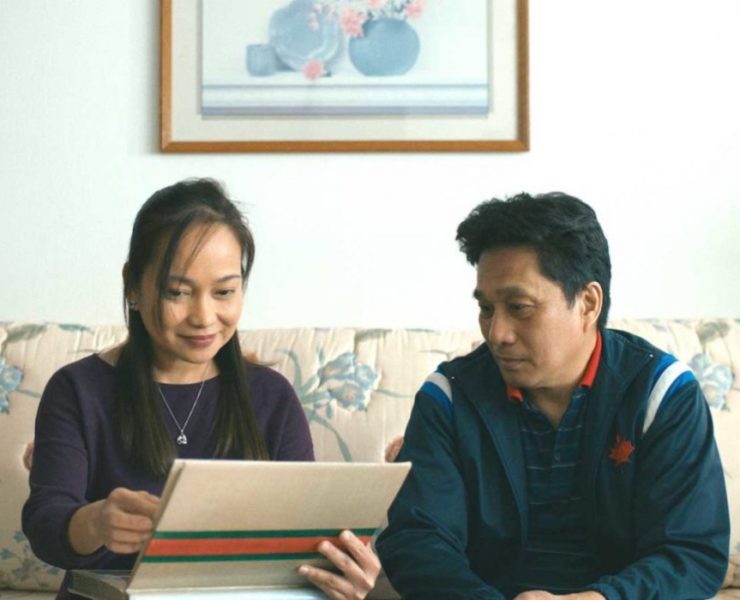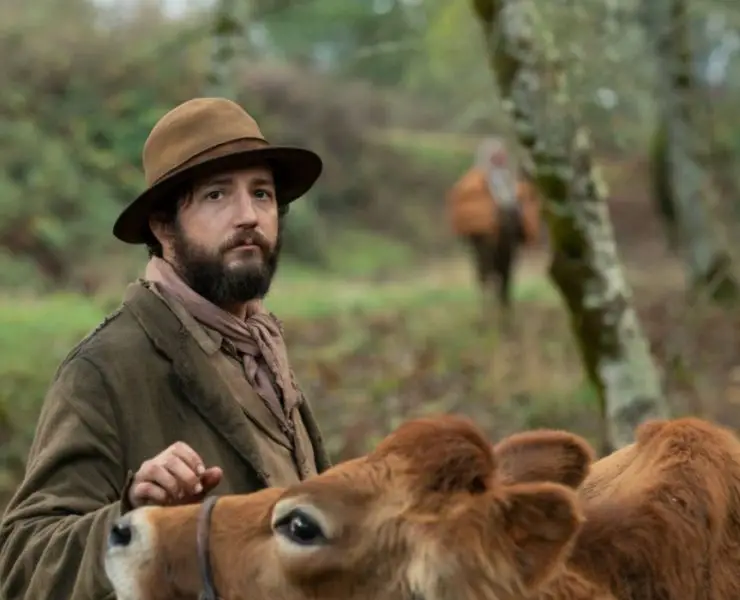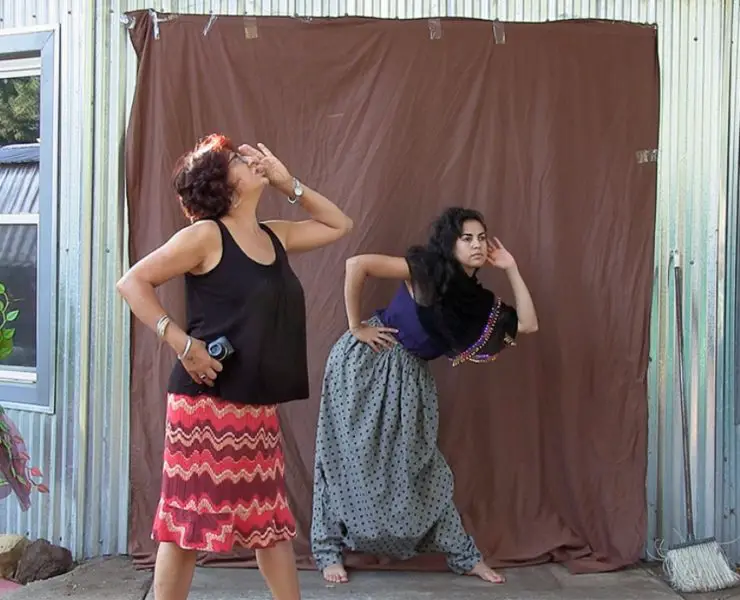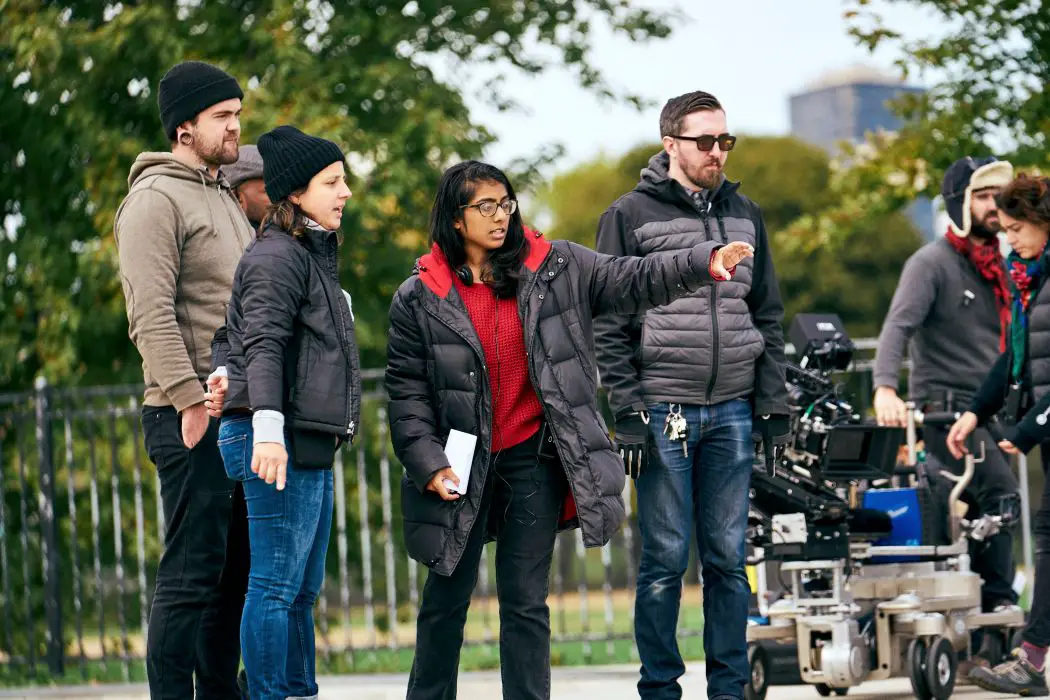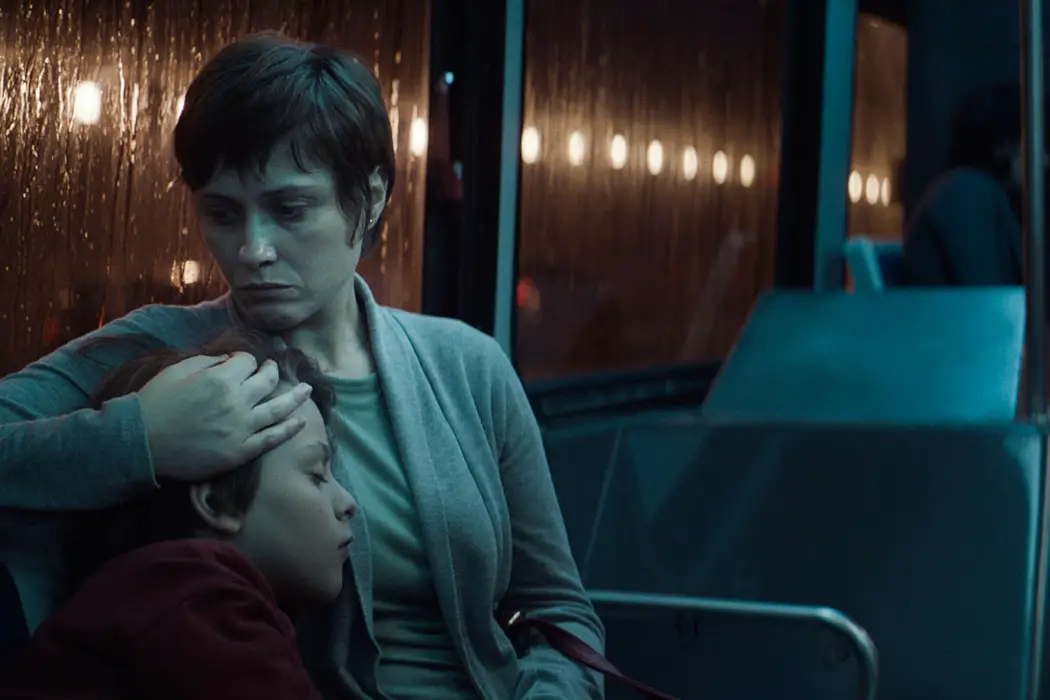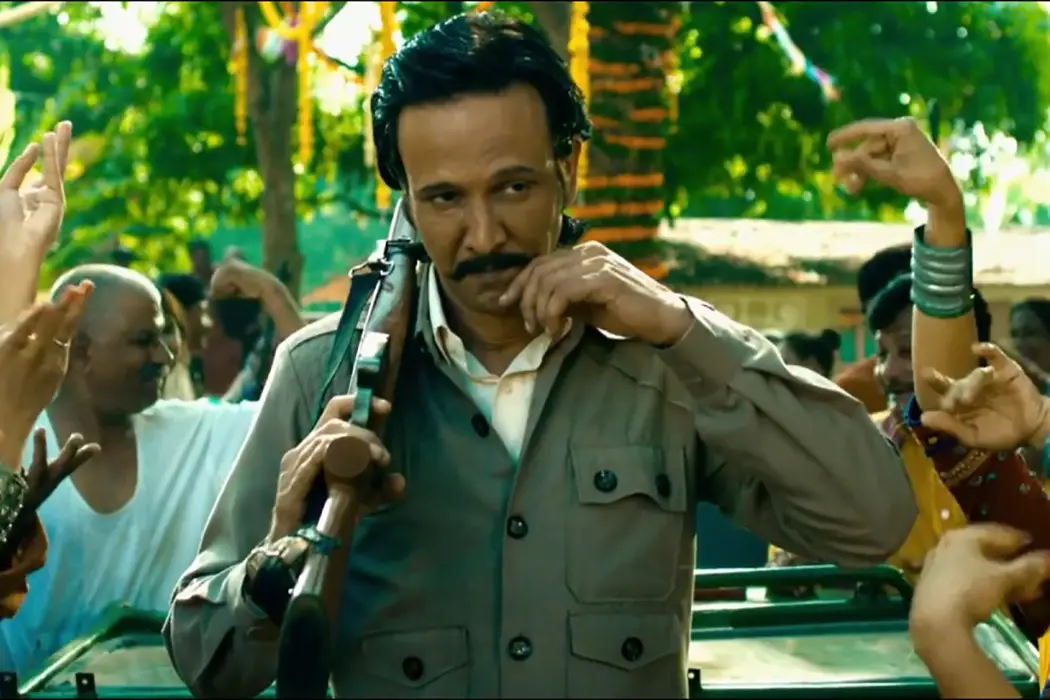immigrants

Racism in France has been a long-discussed topic within cinema, from Mathieu Kassovitz’s eponymous film La Haine to 2011’s hit comedy Les Intouchables. In recent days Muslim/Arab citizens have been the focus of racial prejudice from the French justice system; Fatima could not come at a better time with its refreshing take on Arab/French culture. Philippe Faucon adds to this conversation with a portrayal of racial tension in France.
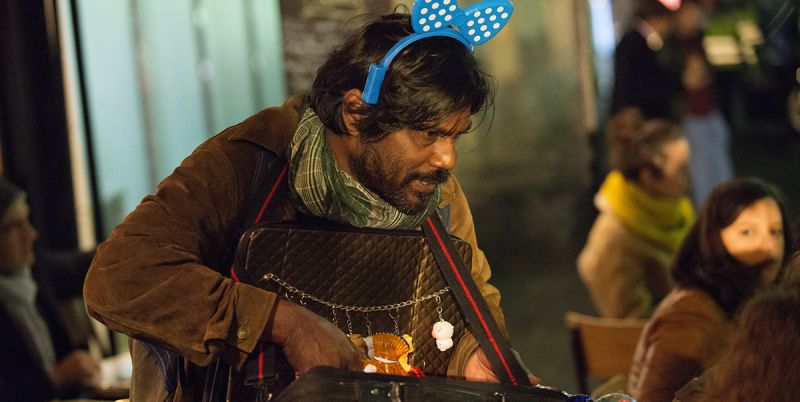
Even in world cinema, the stories we see on screen are largely those depicting the lives and crises of the most well-off members of each respective society – showing situations that still can largely be referred to as “first world problems” without a sense of ironic bite. It is why a film like Dheepan is so urgently needed in the current, self-centred socio-political climate. It firmly puts us in the shoes of characters whose stories are never told in cinema:


